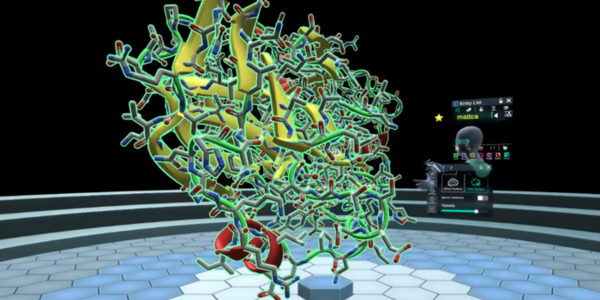Citizen science has existed for as long as science. At one point, being an amateur was actually more prestigious than doing science as an occupation, in the same way the amateur detective Sherlock Holmes was considered superior to the police, because he did it as passion rather than blue collar occupation.
Though bird watchers and amateur archaeologists still exist, and amateur astronomers are likely on par with paid government scientists when it comes to new discoveries, citizen science has become more widespread than ever, and that is all thanks to "gamification" of science; making scientifically tedious work fun for people who are passionate, but who aren't going to turn it into careers.
After the early success of participatory science like SETI @home, where your PC can help listen for radio signals, and GalaxyZoo and Fold.it (astronomy and biology, respectively) scientists even began to seek out the public as free labor - they won't ask for credit or money and a swarm of people can sort through drudge work without wanting to unionize.
A recent paper asks a question worth pondering; as ubiquitous as online citizen science has become, are the public researchers? Are they game players? Or are they research subjects? Karola Kreitmair and David Magnus
Citation: Kreitmair, K. V.,&Magnus, D. C. (2019). Citizen Science and Gamification. Hastings Center Report, 49(2), 40–46. doi:10.1002/hast.992
https://sci-hub.se/https://onlinelibrary.wiley.com/doi/10.1002/hast.992



